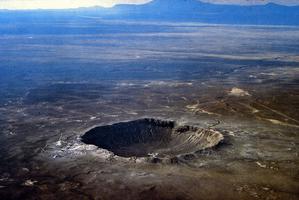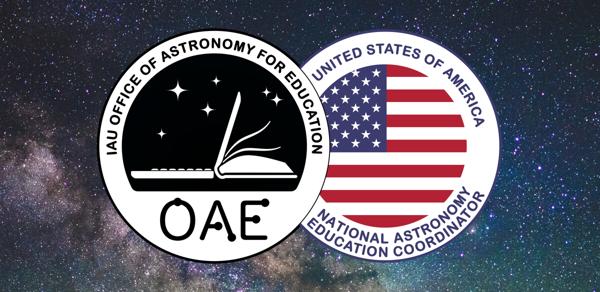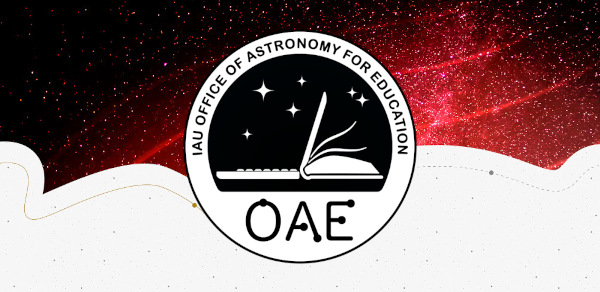Glossarbegriffe: Meteoroid
Description: Ein Meteoroid ist ein Teil eines Asteroiden oder Kometen mit einer Größe von einigen Millimetern bis zu mehreren Dutzend Metern. Meteoroide können mit sehr hoher Geschwindigkeit auf ein beliebiges Himmelsobjekt mit oder ohne Atmosphäre fallen. Wenn der Himmelskörper eine Atmosphäre hat, wird der Meteroid durch Zusammenstöße mit atmosphärischen Molekülen abgebremst. Wir beobachten Meteroiden in der Erdatmosphäre als Meteore. Wenn der Meteoroid in der Atmosphäre nicht vollständig zerstört wird (oder wenn der Himmelskörper keine Atmosphäre hat), fällt er auf die Oberfläche dieses Körpers und wird dann als Meteorit bezeichnet.
Zugehörige Glossarbegriffe:
See this term in other languages
Term and definition status: The original definition of this term in English have been approved by a research astronomer and a teacher The translation of this term and its definition is still awaiting approval
The OAE Multilingual Glossary is a project of the IAU Office of Astronomy for Education (OAE) in collaboration with the IAU Office of Astronomy Outreach (OAO). The terms and definitions were chosen, written and reviewed by a collective effort from the OAE, the OAE Centers and Nodes, the OAE National Astronomy Education Coordinators (NAECs) and other volunteers. You can find a full list of credits here. All glossary terms and their definitions are released under a Creative Commons CC BY-4.0 license and should be credited to "IAU OAE".
Related Activities
Meteoroids, Meteors and Meteorites
astroEDU educational activity (links to astroEDU website) Description: Unveiling the mystery of "shooting stars": meteors, meteorites and meteroidsLicense: CC-BY-4.0 Creative Commons Namensnennung 4.0 International (CC BY 4.0) icons
Tags: Geology Age Ranges: 6-8 , 8-10 , 10-12 , 12-14 Education Level: Middle School , Primary Areas of Learning: Interactive Lecture Costs: Low Cost Duration: 1 hour 30 mins Group Size: Group Skills: Analysing and interpreting data , Asking questions , Communicating information , Engaging in argument from evidence








